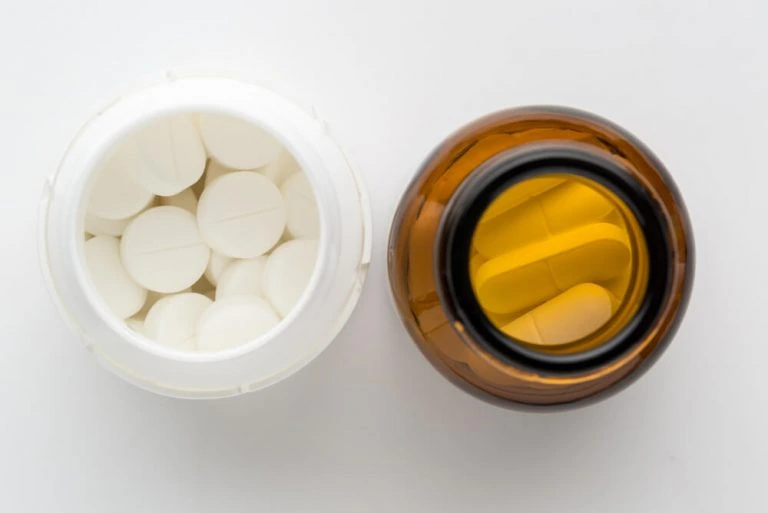Opiate Dependence vs Addiction
Terms such as addiction and substance dependence are often used interchangeably. While they may share some commonalities, there are clear differences between the two terms when talking about opiate dependence vs addiction. As it stands, opiate abuse is the leading cause of overdose deaths in the United States with around 115 people dying on average on a daily basis, according to the CDC.

Understanding the Difference between Opiate Dependence vs Addiction
In this article, we will examine the differences between two terms that are often heard when talking about substance use disorder.
Opiate Dependence Definition
Dependence, as the word suggests, is when a person becomes reliant on a drug in order to function properly. The opiate dependence definition would be if a person cannot physically or psychologically cope with life without their “fix”.
In opiate dependence vs addiction, dependence is based on how a person’s body and mind reacts to opiates, not their behavior as in addiction. With repeated use of opiates such as heroin or prescription pain killers, the body’s levels of dopamine and other chemicals that can cause euphoria are overstimulated during the substance abuse. In an effort to counter this situation, the body responds by lowering its natural output of these chemicals. However, these chemicals are required for the brain to operate normally. So, when the person stops abusing opiates, their body craves it because it has become reliant on the substance being there on a regular basis.
Dependence to opiates can form extremely quickly. In opiate dependence vs addiction, dependence can lead to an addiction as the person continues to abuse opiates to satiate their physical cravings, creating a far-reaching problem.
Opiate Addiction Definition
In opiate dependence vs addiction, addiction is almost always accompanied by a physical dependence whereas dependence to opiates can be present without an addiction.
When trying to understand what an opiate addiction is, one needs to take a closer look at a person’s behavior. Drug-seeking behavior controls much of the actions in an addict. This behavior is brought on by physical and physiological changes that occur with the repeated use of opiates, triggering the reward system. The body learns that opiates are a way to escape problems and receive great reward.
The behavioral changes that occur in addiction cases is what causes a person to eventually lose their family, job, home, relationships and securities they had in their life. Unlike dependence, addictive behavior often stretches beyond just one substance and can manifest in a variety of activities or consumption of substances. Addiction is also something that can be passed down genetically, unlike dependence.
Opiate Dependence Treatment
Once a person becomes dependent on opiates, action is required in order to stop a dependence turning into a far-reaching addiction that could not only lead to financial and social ruin, but it can be life-threatening.
Since opiate dependence is among the most severe substance dependences, patients are often given an opiate replacement therapy in rehab in order to assist the patient in giving up the habit without many of the intense side effects. Medications including methadone are given to an addict in rehab for several reasons including to reduce withdrawal symptoms and to stop further opiate abuse.
Since dependence is often accompanied by an addiction to opiates, the behavioral aspects of the substance abuse can be treated during behavioral therapy. Such therapy, when coupled with opiate dependence treatment, often yields the best results in patients.
Get in touch with Better Addiction Care today at (800) 429-7690 to help find the best opiate addiction treatments available.







